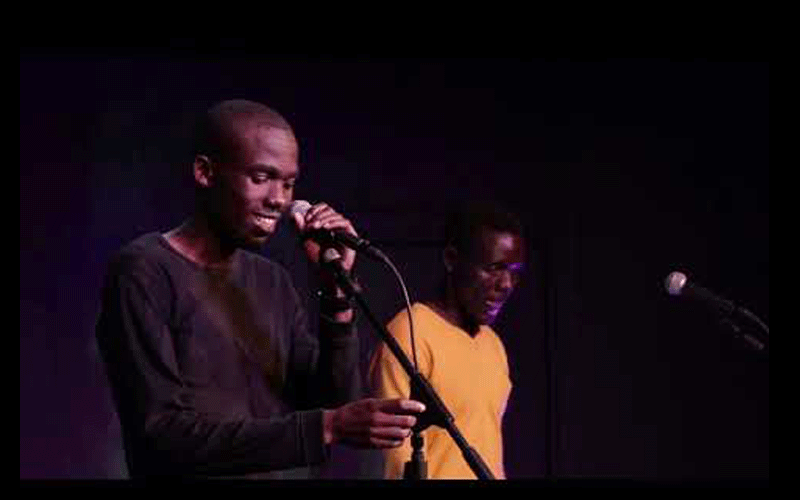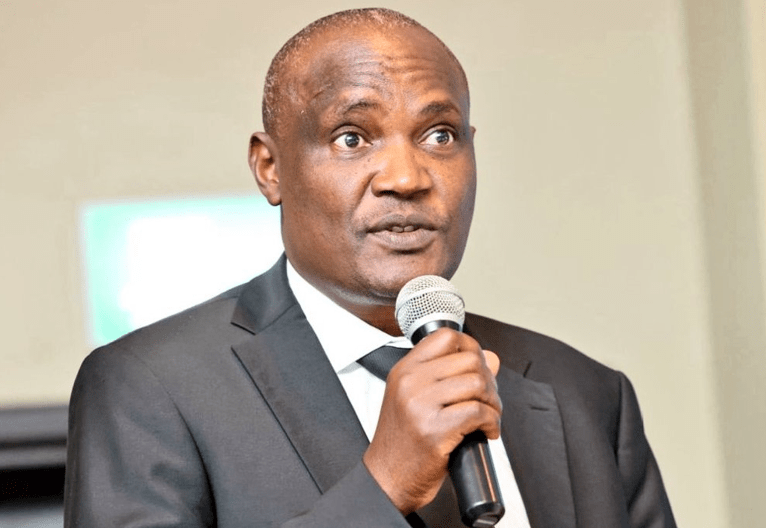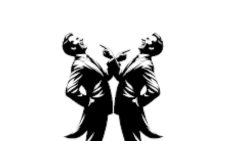Leaving out artistes is ticking timebomb

Manuel Ntoyai @manuel_ntoyai
For Roba and his Mzizi Afriqa bandmates, mental health has been a core aspect of their existence and performance.
They refer to the work they do as art for social advocacy, performing on different platforms to raise awareness about the little-talked about topic.
“At the end of 2018, we lost a number of people to suicide and it really hit us hard,” starts Roba.
“Even though we wrote songs and poetry on the same, we were not really in the mental health space to share all that. The December 2018 events changed all that.”
When it happened, the 10 band members went into their own cocoons and produced various works on it, but it would take them months to open up even to each other and explain how they were affected.
“When we share what we had written, we compiled them and came up with a poem, Fake Smile.
The first time we performed it, it was emotional for us and for the audience, some of who cried while we were on stage,” says Roba.
From there, they were called to various spaces advocating for mental health and have been creating awareness about it especially with other creatives.
“During that time, we found out that many creatives struggle a lot for various reasons.
First, their work is usually open for criticism and most creatives take that personally; secondly, their journey into their careers is filled with pain because even parents do not embrace them.
This makes them seek validation from various sources including social media and drugs,” he explains.
With such background, it is not odd that people in the creative sector have been linked to drug abuse and alcoholism, and the drive behind innovative geniuses has often been attributed to episodes of mania. For years, they have suffered in silent, most of them unable to ask for help.
Bubble bursts
“Most artists are substance abusers because of the pressure of keeping up with their craft, especially when you are famous.
This can in turn lead to depression, or disorders such as bi-polar and even suicide.
As a musician I always advocate for cleanliness in artistry or seeking help or support when you need to,” says Laurreate Rota, an artiste and psychiatrist.
Her words are echoed by industry player Refigah, who says the societal pressure to always look good and flambouyant has led to the pressure.
“When at their peek, artistes live in a bubble that often bursts when least expected.
This leads to depression since everything changes at once. Your friends stop hanging out with you, the shows also stop coming in, the media spotlight also dies away, giving them a headache of wanting to make everything appper as nornal,” the head of Grandpa Records explains.
He adds that the flambouyant lifestyle is often fuelled by use of drugs, which is not only expensive, but also damaging in the long run.
“We need to have financial literacy programmes for our artists because the lack of it is one of the reasons they fall into depression and experience mental breakdowns.
We have institutions, which represent us the creatives and should at least try to work with relevant bodies to ensure we are all good,” he says.
Performers Rights Of Kenya Chairman Ephantus Wahome, however, says while such instititutions can lend a hand, it is a matter of personal responsibility.
“In the collective management Organisation, where I sit as a board chairman, we try to formulate policies, but as long as it’s not passed through the parliament it may not be of help to our artists.
I have in the past written to the government to give support to the CMOs in providing a medical cover that an artist can use while in such circumstances; else, we are talking about a ticking bomb,” he says.
Brothers’ keepers
“In my interaction with artists,I noted that the mental illness is caused by compulsions, obsessions, delusions, panic attacks, depression, and personality disorders.
It’s tragic because it takes time before one realises that he or she is in dire need of help,” he adds.
When it comes to support systems, they seem to be on their own, often relying on the goodwill of others with some being chased away from home.
“When it comes to mental health, I’ll say we are not yet there, even though association are your support system.
Artists, if the association way is hard, join religious organisation and be part of it. The lucky ones join record labels where such matters are taken care of,” he adds.
“Things have changed and today we have so many artists associations joining hands to assist each other in such times.
I encourage artists to stand united and to be actively involved in whichever association they are in. They should be brother keepers,” he points out.
Roba’a advice to creatives is to open up more.
“As much as they show the shiny side, artistes should show the dark side to normalise conversations on struggles and mental health,” he adds.
He calls for the government to increase investment in mental health and provide resources in terms of experts and facilities where patients can visit.
“It should also provide more spaces where artistes can access to develop and perform their work such as halls and theatres as this reduces the expense used in their work.
More incentives such as the Sh100m artistes received earlier in the year would also be a step in the right direction,” he says.









